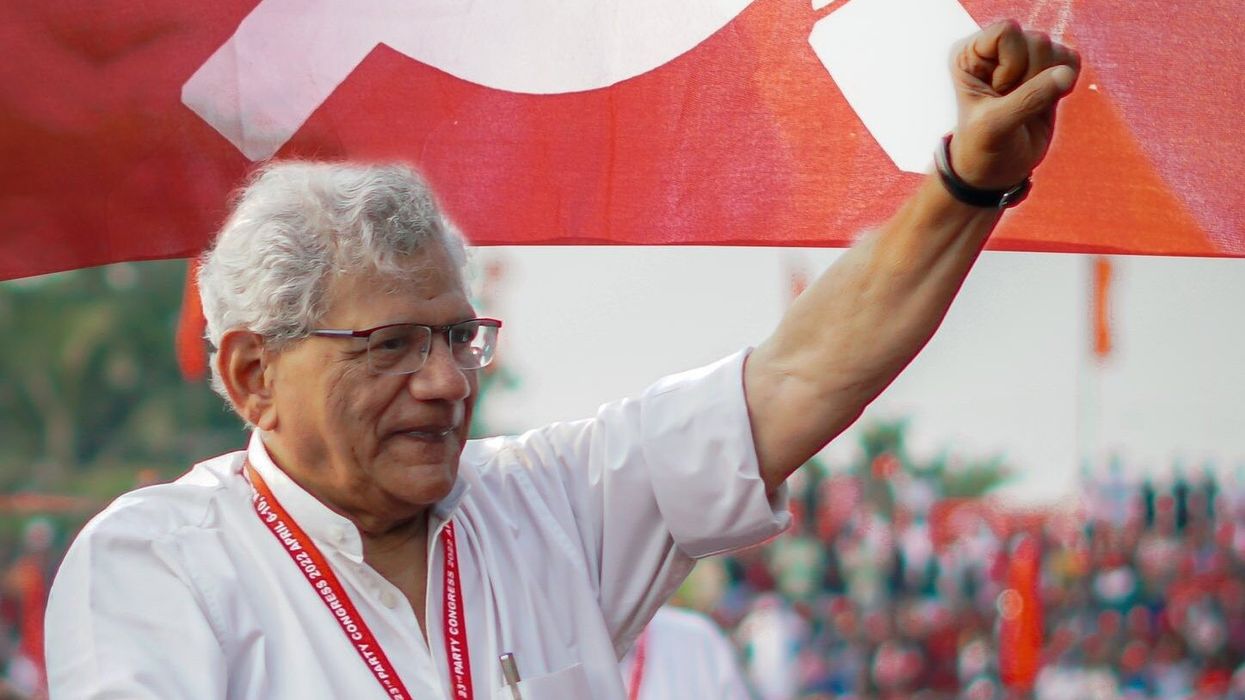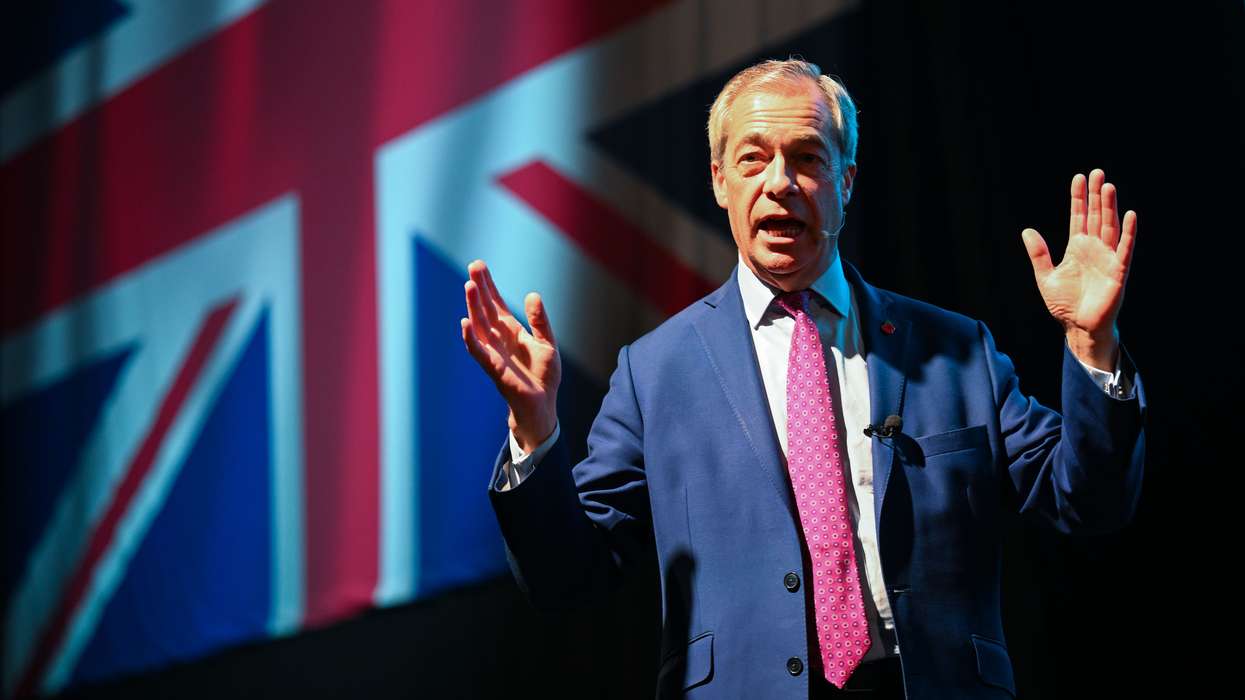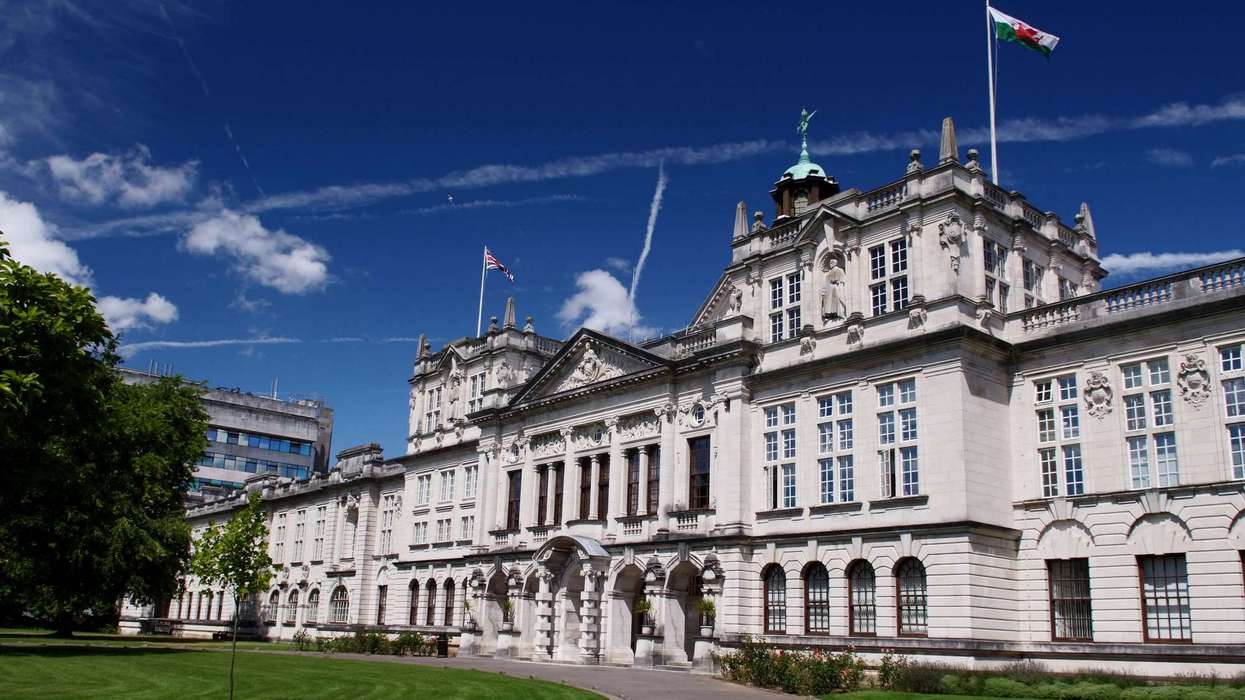SITARAM Yechury, leader of the Communist Party of India (Marxist) [CPI(M)], passed away on Thursday at the age of 72.
He died at the All India Institute of Medical Sciences (AIIMS) in Delhi following a prolonged illness. Yechury had been in critical condition for several days and was on respiratory support.
The CPI(M) had earlier announced that Yechury was receiving treatment for an acute respiratory infection in the ICU at AIIMS. He had been admitted to the hospital on August 19 for a pneumonia-like chest infection and had a fungal infection in his lungs. Despite ongoing treatment, his condition worsened in the last few days, leading to his death.
Yechury's political career began during his student days at Jawaharlal Nehru University (JNU) where he was a prominent member of the Students' Federation of India (SFI). He joined the CPI(M) in 1975 and quickly rose through the ranks, becoming a member of the Central Committee in 1984. By 1992, he was elected to the Politburo, the highest decision-making body of the party. His leadership was formalised when he was elected as the party’s fifth general secretary at the 21st party congress in Visakhapatnam in 2015, taking over from Prakash Karat. He was re-elected to this position in 2018 and again in 2022.
Yechury also served as a member of the Rajya Sabha for 12 years, from 2005 to 2017, where he was known for his articulate speeches and opposition to the government's policies. He often addressed issues concerning farmers, the working class, and the economy. He was a vocal critic of the Narendra Modi government, particularly its liberal economic policies and handling of communalism.
Red Salute to Comrade #SitaramYechury pic.twitter.com/Uif4EfCUAD
— CPI (M) (@cpimspeak) September 13, 2024
He played a significant role in coalition politics, drawing on his skills as a negotiator and consensus builder, much like his mentor, the late Harkishan Singh Surjeet. While Surjeet was a key figure during the coalition era of the 1990s, Yechury was instrumental during the United Progressive Alliance (UPA) years from 2004 to 2014. He maintained close ties with Congress leaders during this period and was a trusted ally of UPA chairperson Sonia Gandhi.
In 2004, after Sonia Gandhi declined the position of prime minister, Yechury was the first non-Congress leader she called. He also worked closely with Congress leader P Chidambaram to draft the United Front government's common minimum programme in the 1990s. Yechury’s influence remained strong even after the Left withdrew support for the UPA government in 2008 over the Indo-US nuclear deal.
Expressing condolences on his death, Congress leader Jairam Ramesh described Yechury as "an unrepentant Marxist with a pragmatic streak, a pillar of the CPI(M), and a superb Parliamentarian." Many of Yechury’s colleagues and friends remembered him not only for his political acumen but also for his love of old Hindi film songs, books, and long discussions on politics.
Yechury's leadership of the CPI(M) came at a challenging time, as the party’s strength in parliament declined. When he took over in 2015, the CPI(M) had dropped from 43 MPs in 2004 to just nine in 2014. Under his leadership, the party managed to stay politically relevant, particularly in Kerala, but its presence continued to shrink nationally.
Red Salute to Comrade #SitaramYechury pic.twitter.com/Uif4EfCUAD
— CPI (M) (@cpimspeak) September 13, 2024
In 2018, ahead of the 2019 general elections, the CPI(M)’s Central Committee rejected Yechury’s proposal for an electoral understanding with the Congress, leading him to offer his resignation. However, he remained in his role and became a key figure in the INDIA bloc, a united opposition alliance formed ahead of the 2024 elections.
Though the CPI(M) was part of the INDIA bloc in the recent Lok Sabha polls, the party and Congress contested separately in Kerala, where CPI(M) won only one seat. However, participation in the bloc helped CPI(M) secure a seat in Rajasthan and two seats in Tamil Nadu, bringing their total to four seats in the 18th Lok Sabha.
Yechury’s contributions to the Left’s political strategies and his alliance-building skills were recognised across the political spectrum. He remained one of the most visible faces of the CPI(M), especially during key discussions in the opposition.
Born on August 12, 1952, in Chennai to a Telugu-speaking family, Yechury grew up in Hyderabad before moving to Delhi in 1969. He excelled academically, securing the all-India first rank in the Central Board of Secondary Education examinations. He went on to graduate in economics from St. Stephen’s College, Delhi, before pursuing his post-graduation at Jawaharlal Nehru University (JNU). His PhD studies were interrupted by his arrest during the Emergency, during which he was actively organising underground resistance.
Yechury was known for his linguistic abilities, speaking Hindi, Telugu, Tamil, Bangla, and Malayalam fluently. He also had a deep knowledge of Hindu mythology, often using it in his speeches to attack the policies of the ruling Bharatiya Janata Party (BJP).
Throughout his career, Yechury remained a steadfast critic of communalism and advocated for economic policies that would benefit the working class. His last major contribution was his role in the formation of the INDIA bloc, bringing together opposition parties ahead of the 2024 elections.
Yechury is survived by his wife, Seema Chishti, and his two children, Akhila and Danish. His elder son, Ashish Yechury, tragically passed away from Covid-19 in 2021. Yechury was previously married to Indrani Mazumdar.
(With inputs from PTI)




